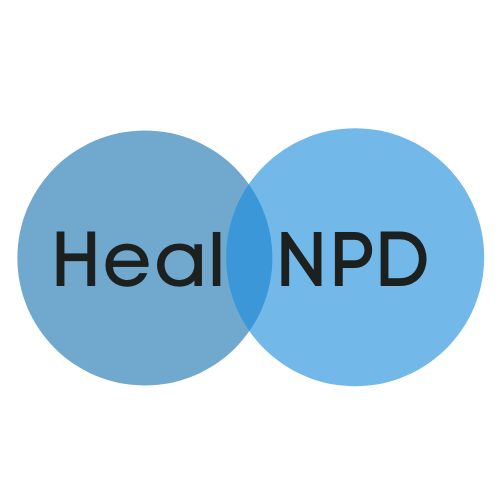Are mental health providers becoming "technicians"?
Jonathan Shedler, Ph.D. shares his thoughts about the future of mental health care:
Length: 2:37
Something that Dr. Shedler says really stands out to me:
There's a trend in psychology right now toward people not being trained to be clinicians; people being trained to be technicians who follow instruction manuals written by somebody else, who have a sort of toolkit with this technique or that technique. I think in the future, there'll be two kinds of therapists: there'll be technicians who follow instruction manuals, and there'll be real clinicians who are able to understand their patients deeply and help them to live more authentically."
This echoes a similar statment by Nancy McWilliams, Ph.D., a prominent psychodynamic writer and thinker, which can be found here. In my work, I have at times been struck by this dichotomy. The "technician" approach is indeeed easy to manualize, but it leaves out what I have always considered to be the most important aspect of therapy: developing a deep and meaningful therapeutic relationship. In my opinion, the needs of many people who seek therapy exceed learning a few new skills. Otherwise, the self-help book industry would quickly replace the field of clinical psychology. Rather, people respond to feeling seen, valued, and understood. They respond to the presence of someone who genuinely cares, and who is interested in walking with them toward personal growth and development.
For more of Dr. Shedler's thoughts on the topic of psychodynamic therapy, see this article, published in the 2010 issue of the APA's journal, American Psychologist.
...our predecessors in practice began learning at least a century ago that individuals with similar symptoms but different personalities cannot be given a 'one size fits all' treatment."
- Nancy McWilliams, Ph.D.
